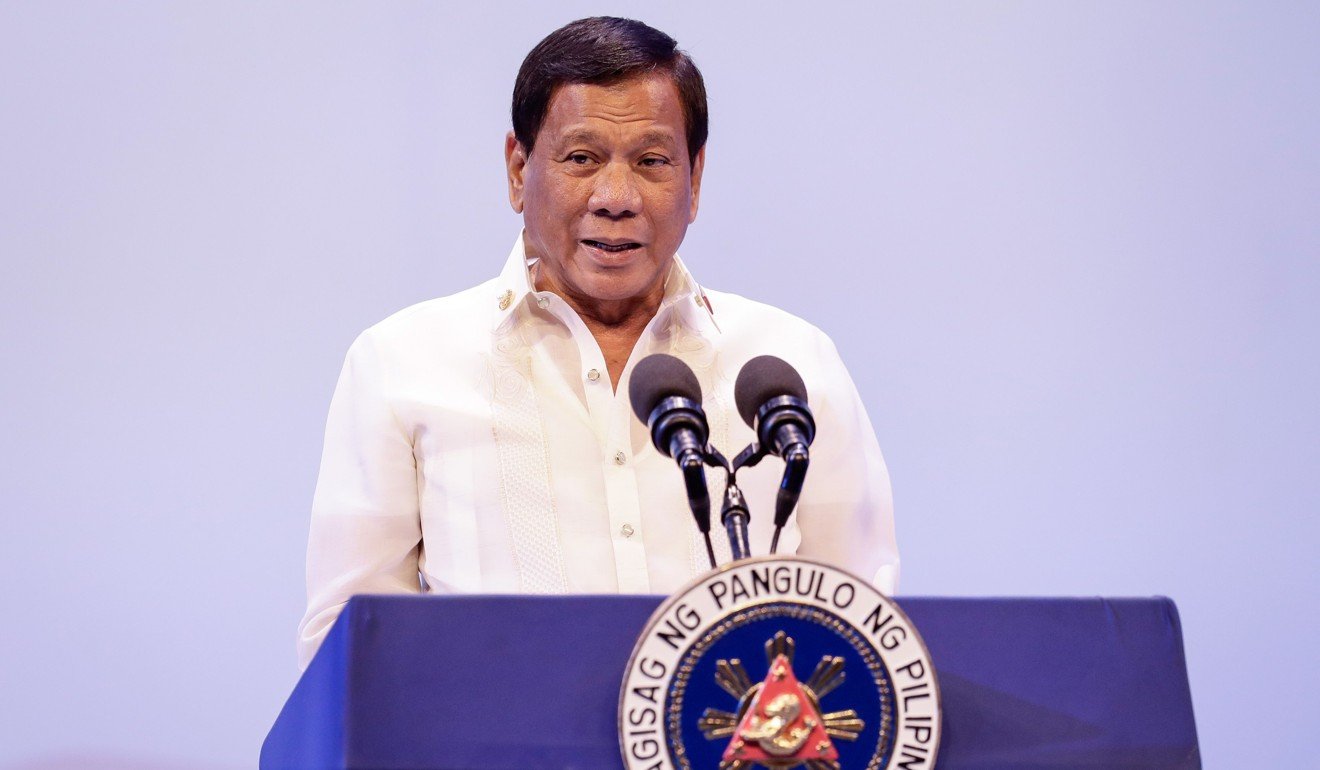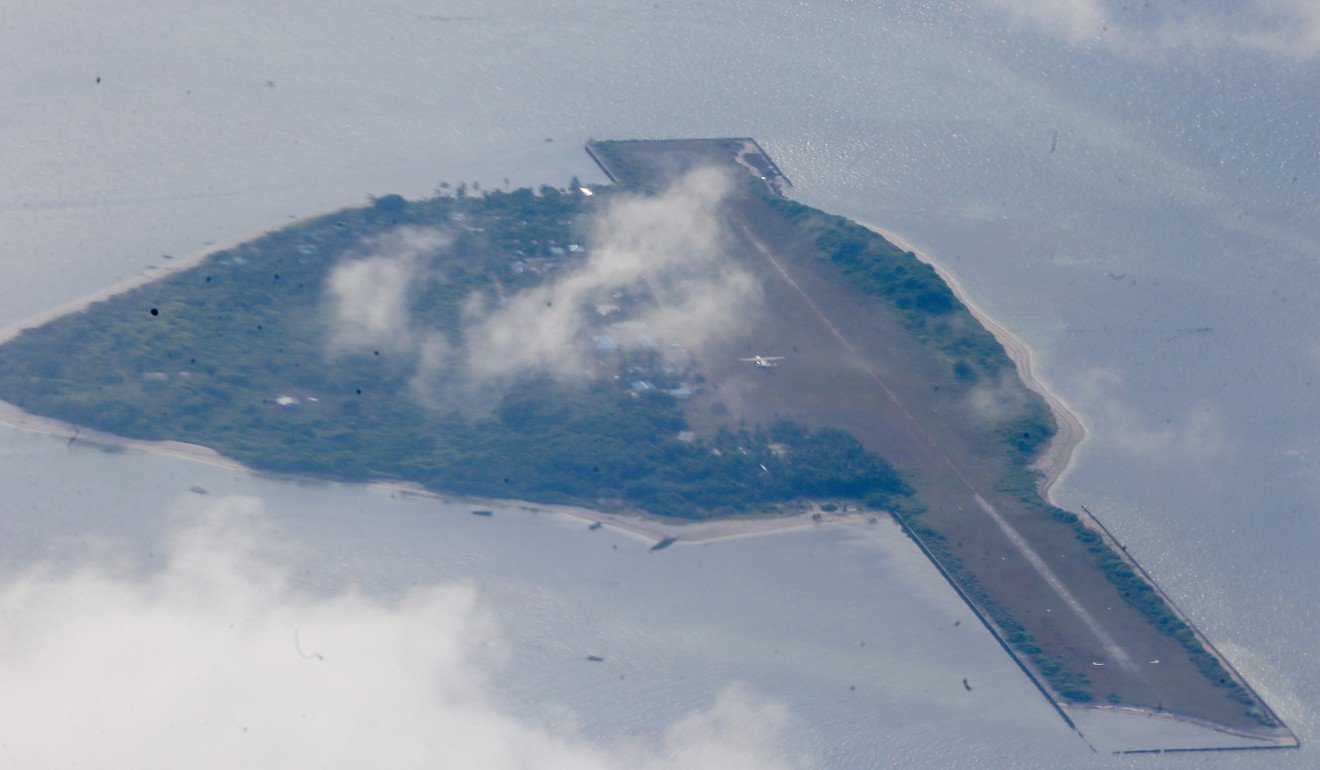
Philippine judge warns inaction over South China Sea dispute with Beijing is ‘unforgivable’
The warning was clearly directed at the Philippine president who, as Asean chair, moved to have the landmark tribunal award won by the Philippines against China last year off the agenda at last week’s summit in Manila
Senior Associate Justice Antonio Carpio, like other members of the Philippine Supreme Court, is tempered in his language, except on the South China Sea issue.
Carpio wrote in an e-book published yesterday that “silence or inaction [on the dispute with China] can be interpreted as a state’s acceptance of a factual or legal situation”.
In the last sentence of his book, which is called Philippine Sovereign Rights and Jurisdiction in the West Philippine Sea: the South China Sea Dispute, he bluntly warned: “Failure to heed this caveat, for any reason, is unforgivable.”
While the book made no mention of Rodrigo Duterte, the warning was clearly directed at the Philippine president who, as Asean chair, moved to have the landmark tribunal award won by the Philippines against China last year off the agenda at last week’s summit in Manila.
Carpio, 67, and Duterte share the same hometown of Davao and even went to the same school, although Duterte is four years. After being bypassed for the top post of Chief Justice of the Supreme Court, Carpio carved himself a role as a strong advocate of the Philippines’ sovereign rights in the South China Sea.

In his book, Carpio proposes that the South China Sea be turned into a “marine peace park”, similar to the Red Sea Marine Peace Park in the Gulf of Aqaba that Israel and Jordan jointly declared in a peace agreement in 1994.
Failure to heed this caveat, for any reason, is unforgivable
He emphasised the urgency to do this by citing Dr John McManus, an internationally renowned marine biologist, who warned that not doing so means “we are headed toward a major, major fisheries collapse in a part of the world where [that] will lead to mass starvation”.
According to McManus, “The South China Sea is one of the top five most productive fishing zones in the world in terms of total annual fish catch. Twelve countries with two billion people [who depend on fish for protein] border the South China Sea.”
Carpio’s sentiments were echoed by other former officials. Jose Apolinario Lozada, one-time foreign affairs adviser to former president Fidel Ramos, used the word “disgusting” on television on Monday to describe the Philippine government’s apparent silence on the South China Sea dispute.
“It’s scary,” Lozada told South China Morning Post. He said “the Chinese are very good in negotiating” and have dangled “US$24 billion worth of promises”. At the same time, Lozada said, Beijing is “reinforcing ... structures [in disputed areas] and making things permanent so that later on we will not be able to bring anything against them anymore”.

Duterte has repeatedly promised to raise the issue later in his six-year term.
But Lozada said, “I have to tell you frankly, on a scale of one to 10, my hope is really about four or five ... that it would be brought up during his term.”
Another concern, he said, was that China convinced Duterte to hold joint anti-piracy exercises deep inside Philippine waters in the Sulu Sea. Lozada suggested the Chinese might “stay there permanently”.
Yesterday, the Philippine Department of Foreign Affairs released a statement saying Duterte and President Xi Jinping “had a very cordial telephone conversation ... about regional developments and how some concerns can be addressed”. Asean and “China’s important role in promoting peace on the Korean Peninsula” were mentioned but not the South China Sea.
While Duterte continues to enjoy wide popularity at home, Pulse Asia released a survey this week showing that three out of every five Filipinos distrust China. Out of six of the most powerful nations, Filipinos trusted China the least (37 per cent) and the US the most (79 per cent).

